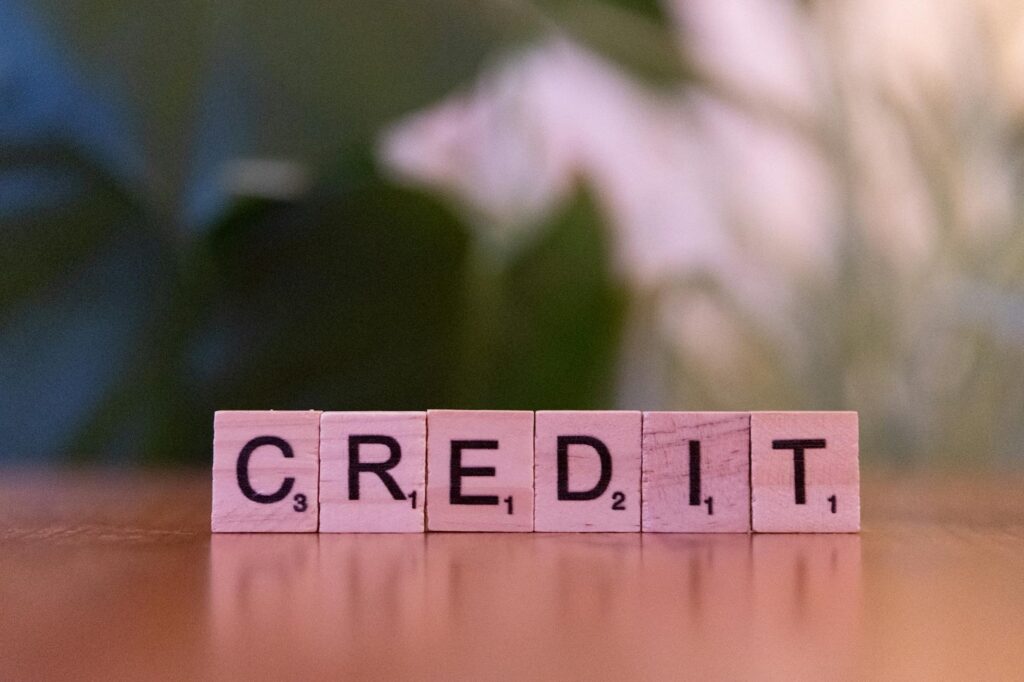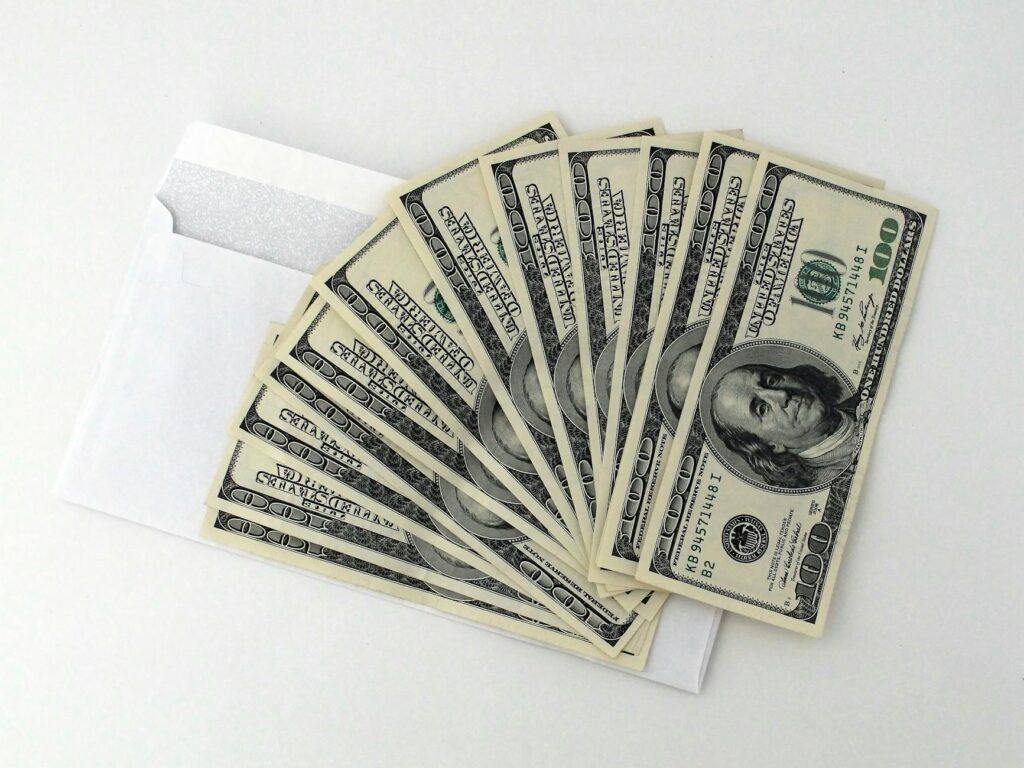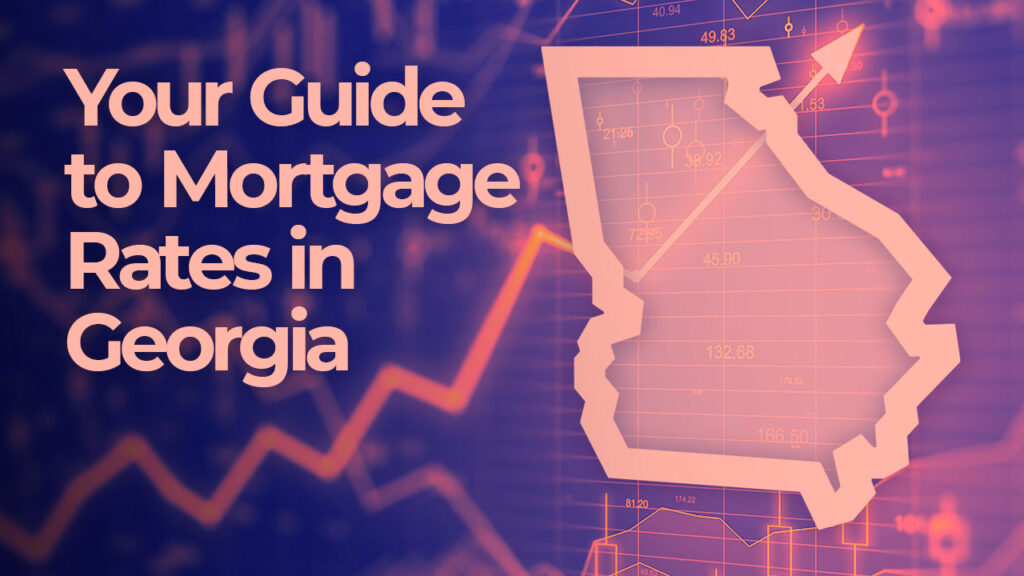Understanding your credit score’s impact on securing small loans is crucial for navigating the world of personal finance. This guide will demystify the lending process and reveal what lenders truly assess when reviewing your application.
What is a Credit Score?
Your credit score is a numerical representation of your creditworthiness, based on your past borrowing and repayment behavior. It’s a critical factor lenders use to gauge your risk.
The Importance of Credit Scores for Small Loans
Even for small loans, a good credit score can significantly improve your chances of approval and secure you a better interest rate. A poor score can lead to rejection or higher interest costs.
Factors that Determine Your Credit Score
Several factors influence your credit score, including payment history, amounts owed, length of credit history, new credit, and credit mix. Learn more about each factor.
How Lenders Use Credit Scores
Lenders use your credit score as a primary indicator of your ability and willingness to repay a loan. A higher score suggests lower risk, leading to favorable terms.
Credit Score Ranges and Loan Approval
Different lenders have varying thresholds, but generally, a higher credit score (e.g., 700+) significantly increases your chances of approval and better interest rates. 
The Impact of a Low Credit Score
A low credit score can result in loan rejection, higher interest rates, and limited loan options. It’s important to address credit issues before applying for loans.
Improving Your Credit Score
You can improve your credit score through responsible credit management, including timely payments, reducing debt, and maintaining a healthy credit mix. Explore credit repair resources.
Types of Small Loans and Credit Score Requirements
Different types of small loans, such as payday loans, personal loans, and lines of credit, may have different credit score requirements. 
Understanding Interest Rates and APR
Your credit score directly impacts the interest rate (APR) you’ll receive on a small loan. A higher score usually translates to a lower APR.
Hidden Fees and Charges
Be aware of hidden fees and charges associated with small loans. Lenders may charge origination fees, late payment fees, and other charges that can significantly increase the total cost.
Alternatives to Traditional Small Loans
If you have a low credit score, consider exploring alternative financing options such as peer-to-peer lending or credit unions. Compare loan options.
Reading the Fine Print
Always carefully read the loan agreement before signing. Understand all terms, conditions, fees, and interest rates.
Building a Strong Credit History
Building a strong credit history takes time and responsible financial behavior. Start early and make consistent, on-time payments.
The Role of Debt-to-Income Ratio
Your debt-to-income ratio (DTI) is another crucial factor lenders consider. It represents the proportion of your income used to pay off debts.
The Application Process
The application process typically involves providing personal information, employment details, and financial history. Lenders will pull your credit report.
Consequences of Defaulting on a Loan
Defaulting on a loan can severely damage your credit score, making it harder to borrow money in the future. Learn about debt management.
Choosing the Right Lender
Choose a reputable lender with transparent terms and conditions. Compare offers from multiple lenders before making a decision. 
Conclusion
Your credit score plays a vital role in your ability to secure small loans. By understanding how lenders assess your creditworthiness, you can improve your chances of approval and obtain favorable terms. Remember to manage your credit responsibly and always borrow responsibly.
Frequently Asked Questions
What is a good credit score for a small loan? A credit score above 670 is generally considered good for securing a small loan with favorable terms. However, lenders may have varying requirements.
Can I get a small loan with bad credit? Yes, but you may face higher interest rates and stricter requirements. Explore alternative lending options and work on improving your credit score.
How long does it take to improve my credit score? Improving your credit score takes time and consistent effort. You may see improvement within several months, but significant changes may take longer. Check your credit report regularly.
What happens if I miss a loan payment? Missing a loan payment will negatively impact your credit score. It can lead to late fees and eventually, default on the loan.
Where can I find my credit score? You can access your credit score through various platforms such as annualcreditreport.com, credit Karma, or directly from your credit card issuer.


